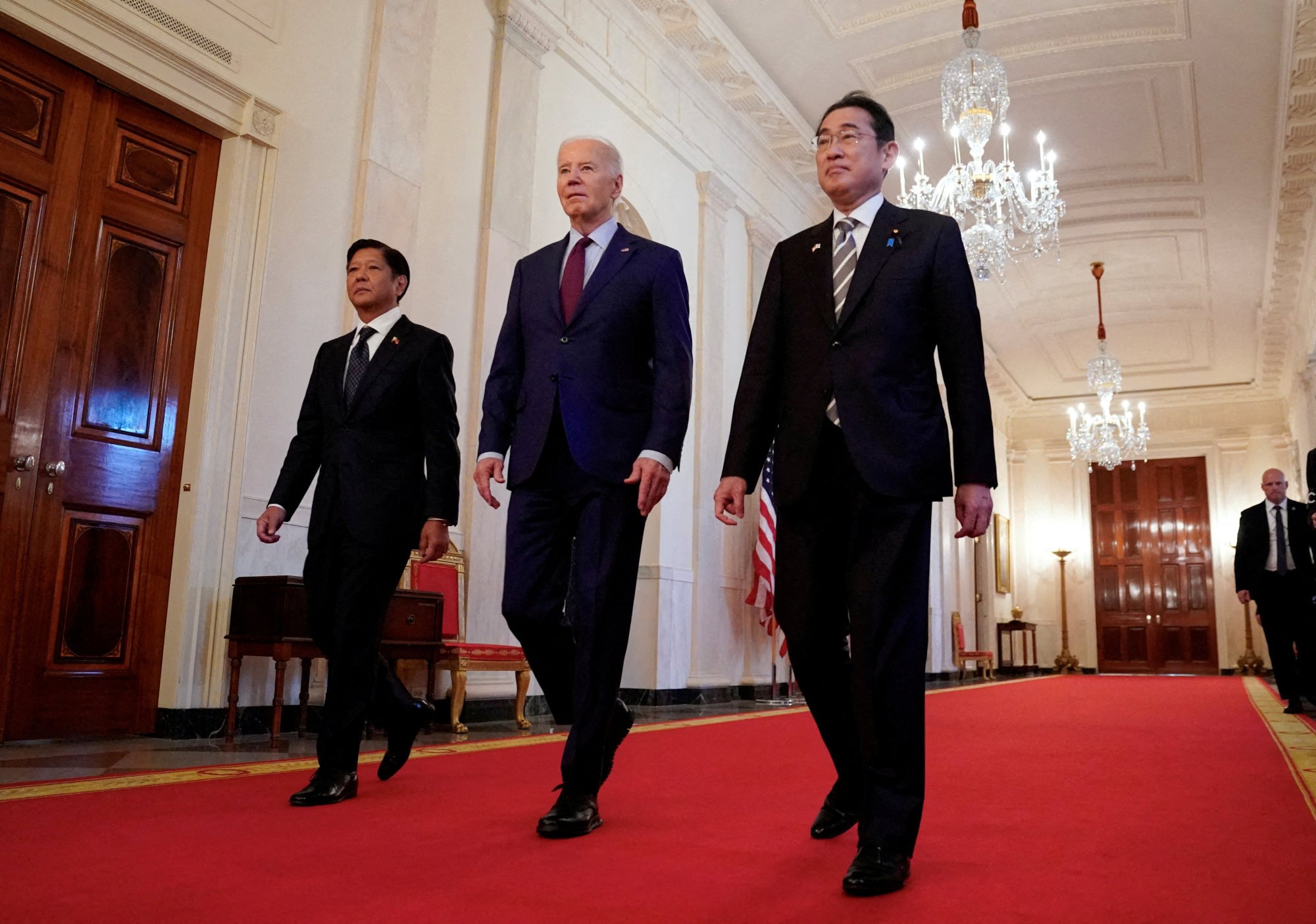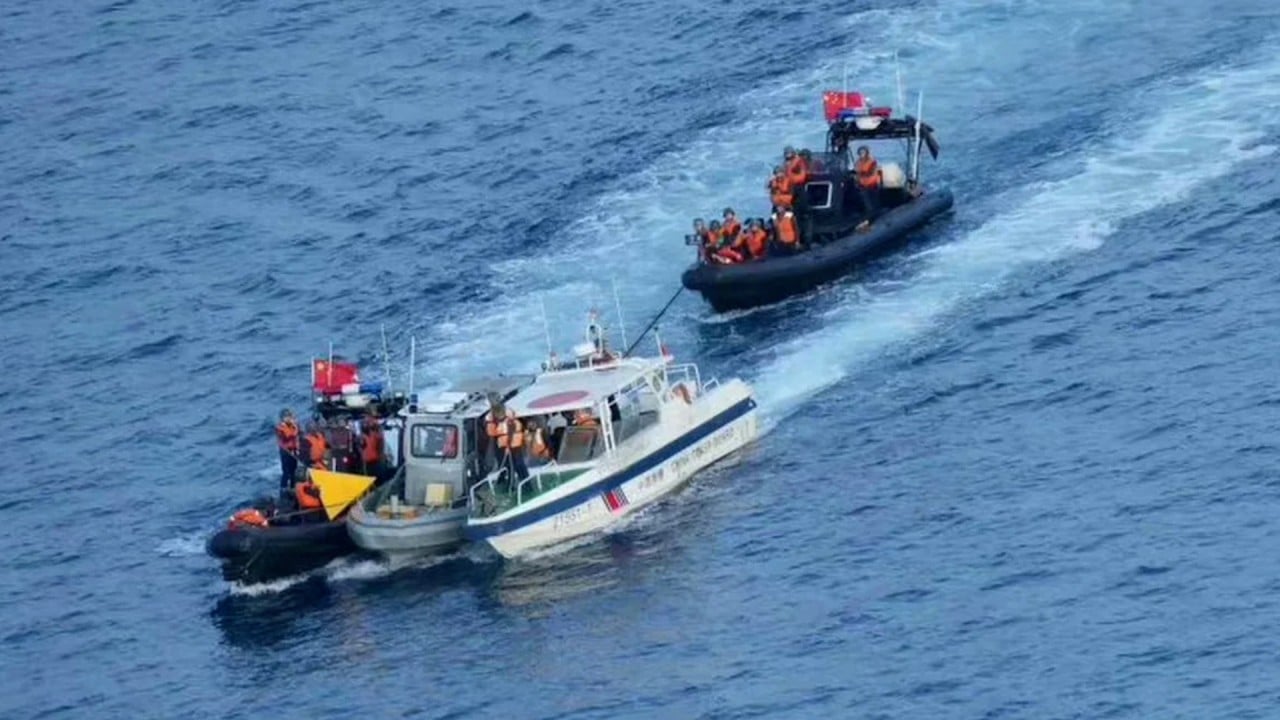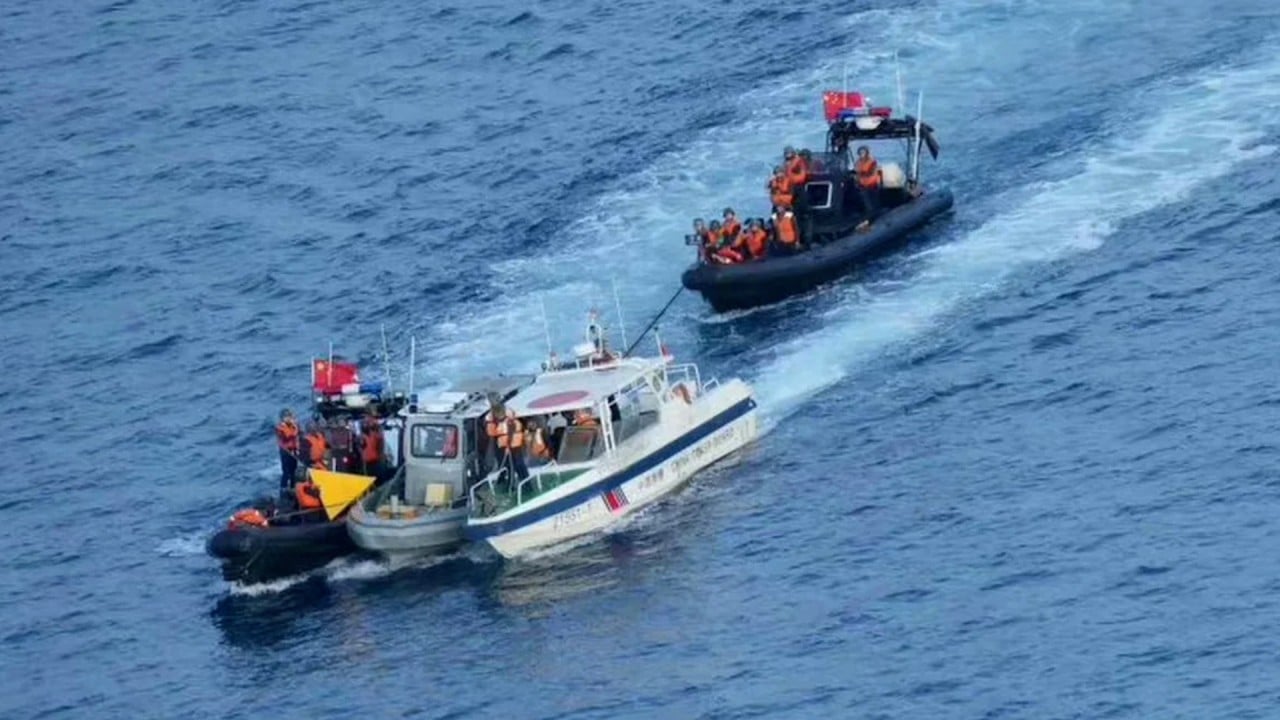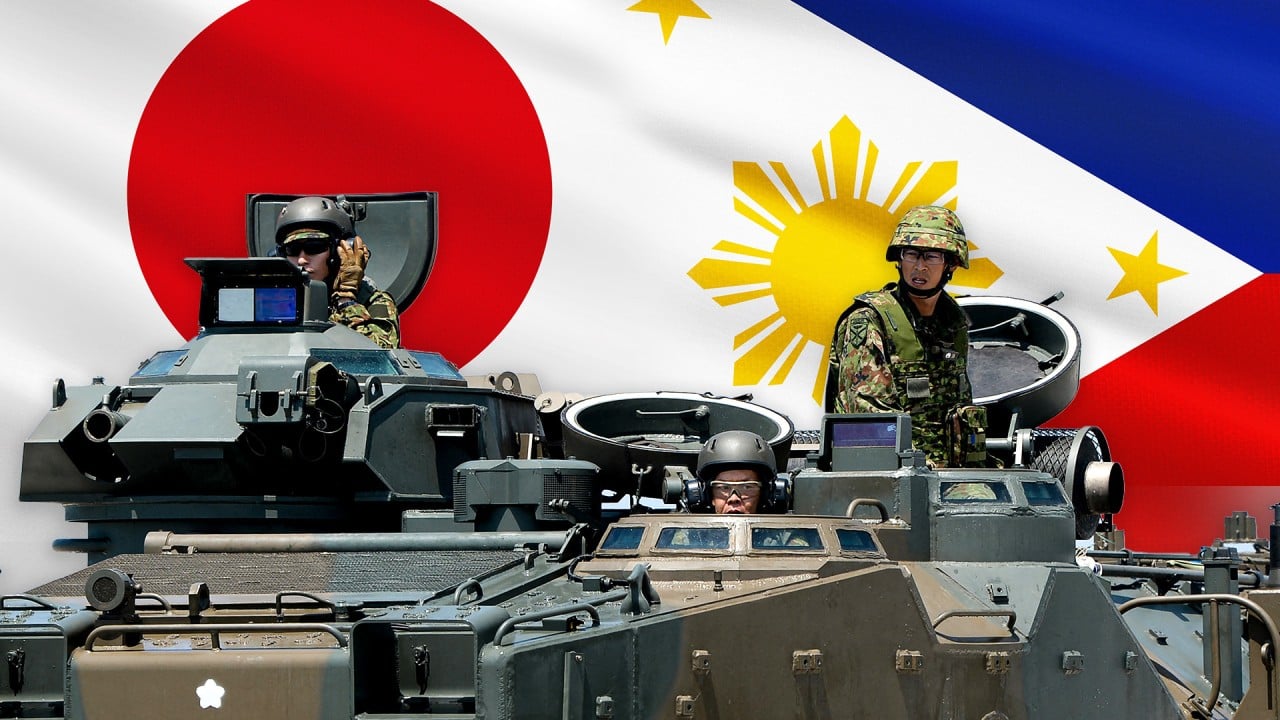Japan’s recently released annual defence white paper outlines how it intends to navigate the contemporary international geopolitical landscape. While threats posed by North Korea and Russia featured prominently in the document, it is worth noting that China’s expansionist activities in the western Pacific were labelled “the greatest strategic challenge” to Japan and the region’s peace.
To address this challenge, the document enumerated several plans that would enhance Japan’s defence posture in the years to come. They include a commitment to reach a target of spending 2 per cent of its gross domestic product on defence, speeding up the buying of advanced missile systems as part of Tokyo’s recently unveiled counterstrike capability and expediting the construction of vessels equipped with the Aegis system that can defend Japan from advanced ballistic missiles.
The white paper also had a separate section emphasising the importance of working more effectively with like-minded partners in the Indo-Pacific through capacity-building and defence cooperation. In this light, Tokyo is working on expediting the transfer of technology and defence equipment to partner countries, along with finished products, having recently revised its official guideline on such transfers.
Among Tokyo’s Indo-Pacific partners, the Philippines stands out in welcoming a more security-driven Japan, as Manila seeks to secure its exclusive economic zone (EEZ) in the South China Sea amid China’s growing belligerence in the maritime domain.
Japan’s defence white paper emphasises the risks of allowing China to have the run of the South China Sea – its activities that run counter to the order of the seas challenge the stability of a free and open Indo-Pacific. China’s expansionism into the Philippines’ lawful EEZ has also damaged Manila’s relationship with Beijing.
The past few years have seen China intensify its belligerent activities within the lawful waters of the Philippines in the South China Sea. These include blocking ships, ramming and firing water cannons at Philippine vessels in Philippine waters.
The most dangerous of these incidents took place on June 17, leading to a Philippine Navy sailor losing a thumb. As Philippine President Ferdinand Marcos Jnr seeks to more effectively safeguard his country’s sovereignty and territorial rights in the maritime domain against Chinese assertiveness, the need for robust cooperation with like-minded partners has become more pressing.
While the alliance with the United States is a cornerstone of the Philippines’ foreign policy, it is important to note that Japan is also a constant presence in Manila’s security planning. Tokyo has played a considerable role in enhancing the Philippine coastguard’s capabilities through official development assistance.
Japan’s easing of the legal restrictions to allow it to transfer defence equipment to friendly countries has opened the door to a deeper security collaboration with the Philippines. The two countries held naval and coastguard drills in 2015, and in 2022 had their first “2+2” meeting of foreign and defence ministers.
While the growth in security ties between Japan and the Philippines is noteworthy, there are still concerns over Tokyo’s ability to fulfil its potential as a security partner and provider. These concerns stem from constraints imposed by Japan’s domestic politics and the public sentiment towards the country taking a more robust defence posture and active role in collective defence.
Structural pressures brought by the expansion of Chinese belligerence in the western Pacific and concerns over Washington’s long-term commitment have motivated Tokyo to reinterpret its constitution and national policies in a more proactive manner. This reorientation became clear with Tokyo’s December 2022 National Security Strategy, which prioritised expediting Japan’s military modernisation and enhancing its capabilities based on traditional security challenges in the region.
This new strategy also gave rise to Official Security Assistance, which provides equipment and aid to militaries of like-minded countries to improve their defence and deterrence capabilities in the Indo-Pacific. The Philippines was among the first beneficiaries of the programme when Japan announced earlier this month that it would provide Manila with a coastal surveillance radar system.
Japan has come to recognise how security in the South China Sea is directly linked to its national security calculations, and as such it needs to become more involved in security arrangements with like-minded partners. Tokyo was one of the driving forces behind the trilateral arrangement with Manila and Washington, a grouping made official in April through the first Japan-Philippines-US summit.

In addition, there was a breakthrough in bilateral defence ties earlier this month when Japan and the Philippines signed a Reciprocal Access Agreement. The agreement allows soldiers from the Philippines to undergo combat training with their counterparts in Japan and provides a pathway for more sophisticated military-to-military relations. It is also expected to complement the Visiting Forces Agreement and Status of Visiting Forces Agreement the Philippines has with the US and Australia respectively.
Therefore, while Japan’s importance as a security partner has been long acknowledged by Manila, its more active defence posture in the Indo-Pacific has provided the Philippines with much-needed support to secure its sovereign rights in the South China Sea amid concerns over the trajectory of US foreign policy after this year’s presidential election.
Japan’s latest defence white paper has added a significant layer of clarity to Tokyo’s long-term security outlook in the Indo-Pacific. This has made Japan’s role as a security partner an even more crucial element in the Philippines’ foreign and defence policy.
Don McLain Gill is a Philippines-based geopolitical analyst, author and lecturer in the Department of International Studies, De La Salle University, the Philippines




